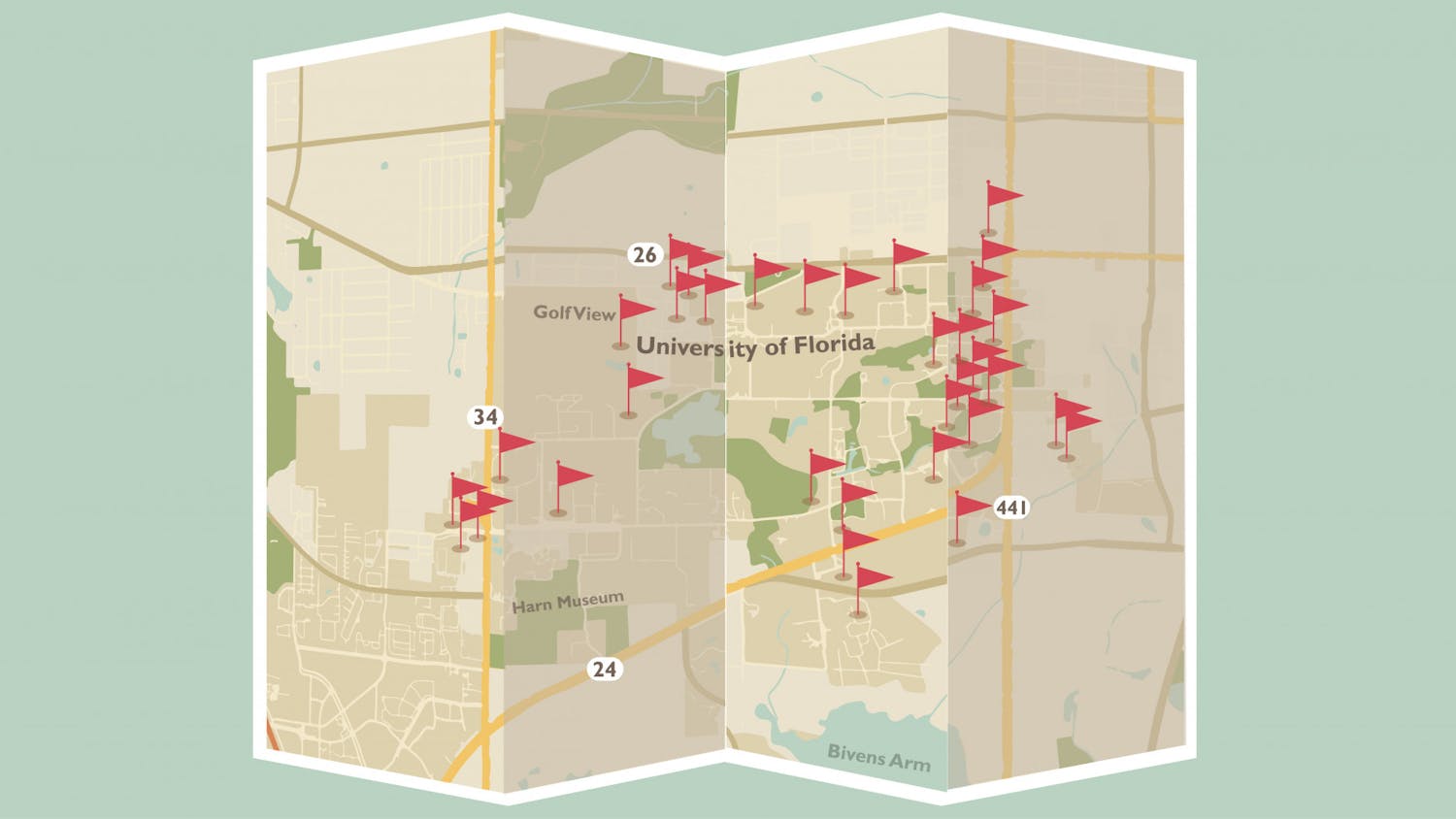I wasn’t sure how to reply to a question that sat in my inbox.
It came from a high school senior who wrote about how scared she is by the descriptions of UF’s rape culture. She ended on a personal note: As an incoming female freshman, would she also have a one-in-four chance of being sexually assaulted?
As a male columnist, after going through hundreds of pages of documents — reports of criminal incidents, descriptions of internalized patriarchy in Greek life, sexual assault statistics — you start to feel desensitized. And then you painfully remember the obvious: For women, sexism is not some abstract issue. Being degraded on a daily basis is the reality of many women on our campus.
The fight against sexism has been almost entirely led by women. There are countless women, nameless and faceless in the pages of history, who challenged the male supremacy of their eras. Even today, there are women, from the distant dunes of Saudi Arabia to the houses on Sorority Row so close to us, who are speaking out. They are marginalized, but who can deny their impact?
It is because of these women — not some mysterious group of chivalrous men — that I am able to write on sexism. By pushing sexism into mainstream discourse, these women allow folks like me to do our timid part. We are indebted to those women who valiantly persevere on, despite being called “sassy-mouthed feminazis.”
The question remains: What’s the role of men in this fight against sexism?
For me, it appears simple. It parallels the role whites had in the fight against racism. With privilege comes responsibility. Male privilege provides no exception to this moral principle.
We all have a part to play in ensuring that UF is not conducive to sexism. At the present, we have a rape culture, so we’re quite far from that goal.
But let’s not sell ourselves short either.
The Fine Print reported that UF had one of the most “cutting-edge and innovative rape awareness programs” in the 1980s. Our crown jewel was a group called Campus Organized Against Rape. In the landmark book about sexual assault on college campuses, “I Never Called It Rape,” the organization was recognized as “‘one of the nation’s most comprehensive programs,’” according to the Fine Print.
Being “comprehensive,” COAR dug deep and went for the roots of the rape culture. With half of its members being male, COAR focused on how both males and females are “socialized about their sex roles,” i.e. men are expected to be sexually aggressive while submissiveness is the standard for women.
Its founder told the Gainesville Sun in 1986, “We see males as absolutely crucial in helping to change attitudes that are put out by the culture. Women can’t do it by themselves, (sic) males can’t do it by themselves — we need to work together.”
As is with most good things in life, COAR died before its mission was fulfilled. In 1991, this highly effective program was shut down, due to “a mess of differing politics, separate budgets and general bureaucracy,” according to the Fine Print.
Today, the battalion against sexism has too few soldiers. Reinforcements — student groups like COAR — are direly needed.
Even if the seeds of our own individual efforts can only be reaped years later, we should start sowing so the next generation’s high school girls don’t feel nervous about coming to UF.
[Zulkar Khan is a UF microbiology senior. His columns appear on Tuesdays. A version of this column ran on page 7 on 3/25/2014 under the headline "Battalion against sexism needs soldiers"]





